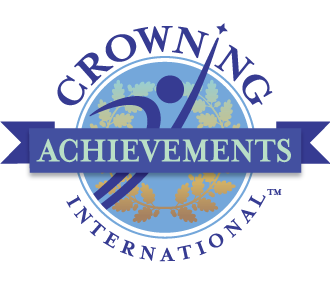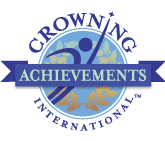
Changing Careers Successfully: When You Want to and When You Have to (Part 1)
What is involved in changing careers successfully? There may come a time when you grow bored of your current job or the situation at work changes dramatically and pushes you to change careers. You can change jobs without changing careers. There is a big difference between changing jobs and changing careers or fields. They are both stressful times that can be filled with anxiety, fears, doubts, and emotional stress. However, the very same change can be viewed from a positive perspective and take it as an opportunity to grow, to make changes in your life, to learn new things, to meet new people, and change careers successfully.
There are many reasons why people decide to change careers. We all have heard a few or have our own reasons for having changed to a new field. In these days, it is common for people to change careers three to five times in their life time (if not more). Sometimes it is by choice and other times by circumstances. In this article series, we will explore steps you can take to prepare yourself to change careers—when you want to and when you have to. In Part 1 we will discuss some of the main reasons you may choose to change careers and how to change careers successfully.
Changing Careers When You Want To
Dissatisfaction. Loss of satisfaction from your job can happen due to boredom. You like variety in your job and the one you have is too repetitive. Other times, the idea you had in your mind about a certain job is not at all what the job really is now that you’re in it. For example, you choose a career as a marriage counselor and once you start counseling couples, you discover the emotional burden is too much for you to handle. You find yourself taking other people’s problems home and that takes a toll on you and affects the rest of your life.
Lack of Challenge. If you are the type of person who likes to be continually challenged and your job is monotonous, you may feel challenged at the beginning but as soon as you get a handle on the current responsibilities, you will be looking for new ones. You like to learn new things and there is nothing else to learn on your current job. It may be time to change careers or at least to change jobs.
Burnout. Burnout is the most common reason why people choose to leave a career they once loved and enjoyed. Many people start their careers with excitement and high expectations of being successful. Soon, however, they discover that the amount of work necessary to succeed in that particular career is simply unrealistic. The fast pace is unsustainable, and you decide to do something else less demanding—which could mean changing careers altogether.
Burnout can also happen within a specific job during your career. This is when it’s important to distinguish between the job itself and the career. Initially, you do the job to the best of your ability and work hard to make a good impression on the new boss. You love the job, so you work all the time. You convince yourself that it’s so busy because it’s a new job and you’re still learning it. After a while, unfortunately, you start seeing the consequences of the never-ending workload and it takes a toll on your body, your family, and your relationships. It is time to make a change. In this case, you may simply want to change jobs and not necessarily your career.
I have changed careers successfully several times during my working life. Below are some suggestions that helped me in changing careers successfully when it was my choice to make a move:
- List your current skills and any new skills you may acquire at the job you’re aspiring to have. You should do this on an annual basis regardless if you’re planning on changing careers or not.
- Analyze your skills and identify the ones that are transferable to another job or field.
- Know your strengths and weaknesses well. Make a list and really think about this because it will help you identify what jobs fit you better.
- Identify which responsibilities you enjoy most and what you enjoy least.
- Identify the problems in your current job and overall career and be sure it is not something you can adjust or change in your life. Sometimes you may only need to make a few adjustments in your life to enjoy your current job again.
In Part 2 of this blog series, we will explore reasons when you have to change careers and how to make the change successfully. I hope these ideas are helpful to you during your transition and assist in changing careers successfully.

